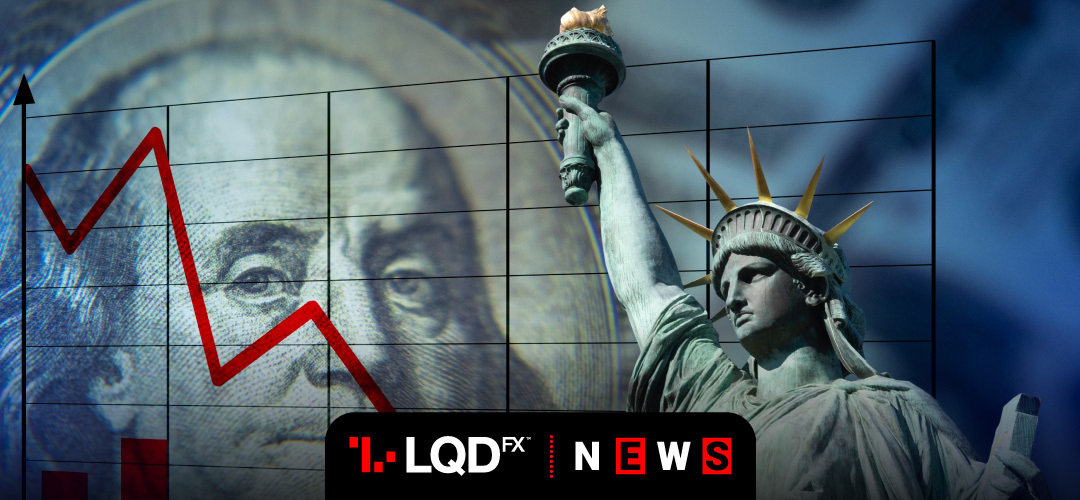The safe-haven dollar hit an 11-week low damaged by risk-on mood among investors and riots in major U.S. cities over race and police brutality.
Analysts said unrest in major U.S. cities against police brutality was concerning. But it is probably unlikely to shift short-term optimism about the U.S. economy. investors turned cautious after violent protests across the country.
National Guard troops were deployed in 15 states and Washington, D.C. on Sunday to quell a sixth night of violence. Violent riots followed peaceful protests over the death of a black man, George Floyd, in police custody.
The U.S. response to China’s national security law in Hong Kong was not as bad as investors feared. Investors were relieved that President Donald Trump left a trade deal with China intact. The U.S. President began the process of ending special treatment for Hong Kong to punish China. However, he did not mention actions that could undermine the U.S.-China Phase One trade deal.
China has asked state-owned firms to halt purchases of soybeans and pork from the United States. Further, manufacturing data showed that Asian factories grew at a slower pace in May.
On the Brexit front, a fourth round of trade talks on relations with the EU following Britain’s departure from the bloc will start this week.
START TRADINGForex – Dollar hit an 11-week low on US riots
Trading volumes are subdued as Germany, Switzerland and Austria are closed for Whit Monday holidays. Trade-sensitive currencies including the Australian dollar rallied. The market mood was notable given major U.S. cities were bracing for another night of violence.
Against a basket of currencies, the dollar index was last down 0.1% at 98.15.
The Japanese yen inched higher, with the dollar down 0.2% to 107.66 yen.
The Australian dollar was the standout gainer surging as much as 1.3% to a four-month high of $0.6772. The Aussie is now up more than 20% from March lows.
The New Zealand dollar rose about half a percent.
The euro rose 0.4% to $1.1154, after climbing 1.8% last week. Much of the dollar’s recent decline has come against the euro which has been boosted by EU’s plans for a coronavirus recovery fund.
The pound rose to three-week highs against a broadly weaker dollar in early London trading. Britain eased some lockdown restrictions even though scientists warned that the move was risky. But the market’s net short position on sterling is the largest in more than five months. Against a broadly weaker dollar, the pound hit a three-week high of $1.2425, up 0.6% on the day.
Versus the strengthened euro, the pound was last down around 0.1%, at 89.77 pence.
In commodity markets, gold added 0.5% to $1,735 an ounce.
Oil prices remained steady as OPEC+ move closer to a compromise on the duration for extending oil output cuts. Benchmark Brent crude futures were off 8 cents at $37.76 a barrel. U.S. crude fell 35 cents to $35.14.
PLEASE NOTE The information above is not investment advice.
Sources: Reuters, Investing, CNN money
